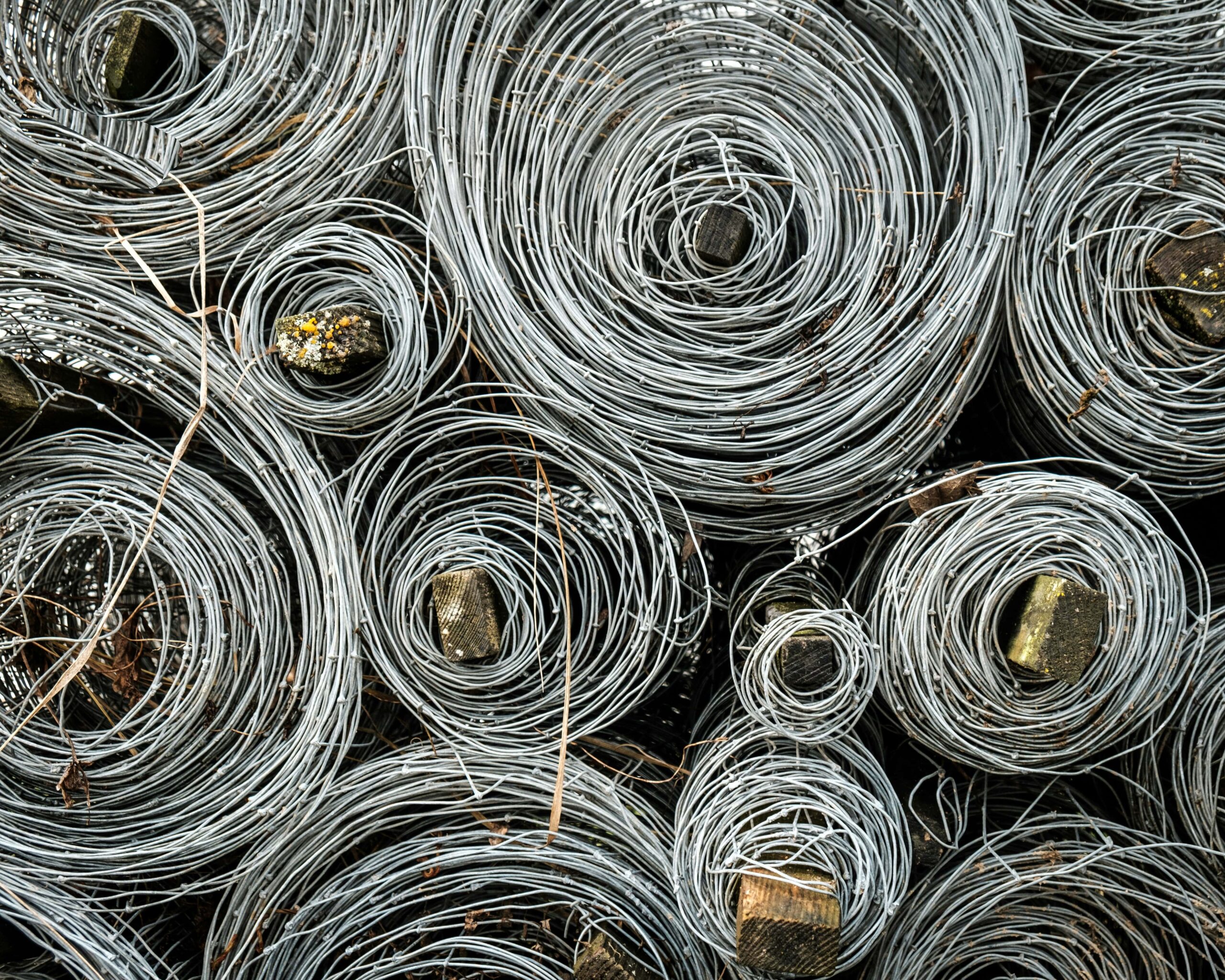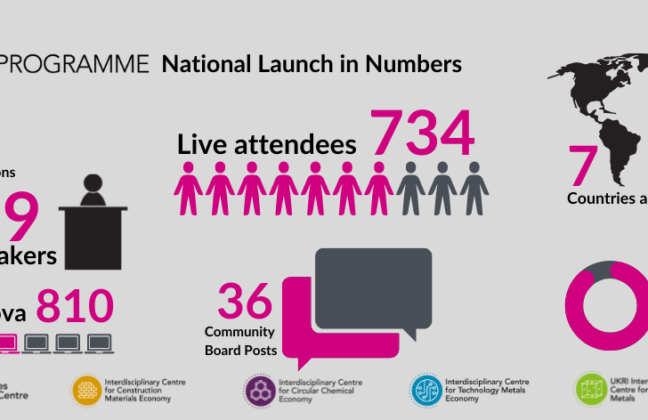This first roundtable event brought together 46 leading experts from across academia, business and government to discuss the …
News

CE-HUB TO PLAY MAJOR ROLE IN WORLD’S FIRST UN-BACKED CENTRE FOR CIRCULAR ECONOMY RESEARCH
The University of Exeter CE-Hub is a partner in a new United Nations-backed centre that will propel the transition to a future circular economy.
It is the first centre of its type in the world, established in the UK in recognition of the world-leading expertise in circular economy at UK institutions such as the University of Exeter.
The centre will build on the success of the CE-Hub and the National Interdisciplinary Circular Economy Research (NICER) research and development programme, a four-year £30 million investment funded through the UK Research and Innovation Strategic Priorities Fund in collaboration with the Department for Environment, Food and Rural Affairs.
Co-ordinated by a Government-funded UNECE research manager based in Geneva, the coalition of academic partners will leverage their expertise to explore circularity in areas such as metals, construction and critical minerals to develop effective re-usable data, technological innovation, finance models and policy.
Dr Robert Felstead, EPSRC Deputy Director of Cross-Council Programmes at UKRI, said: “This collaboration will enhance the real world impact of UKRI’s investment in this area and is another example of how the UK is establishing itself as a world leader in circular economy research and innovation.”
Professor Fiona Charnley, Co-Director of the University of Exeter’s NICER CE-hub, said: “The new Centre of Excellence will allow the coalition of partners to build on the past four years of the NICER programme to amplify Exeter’s programme of work on CE roadmaps, knowledge exchange, policy tools, business model innovation and executive education and training.”
Professor Peter Hopkinson, Co-Director of the NICER CE-hub at the University of Exeter said: “To accelerate a transition to a circular economy requires real-time, forward looking and reusable data systems aligned to policy and industry needs. Exeter’s NICER CE-data observatory provides the foundation for such an approach, which we can now scale and apply globally to influence real world decisions across multiple resource flows.”
UNECE Executive Secretary Tatiana Molcean added: “Making the use of our resources more sustainable and moving towards a circular economy is fundamental to sustainable development and climate action. Partnerships mobilising international expertise play an important role in UN cooperation to develop and share best practices. I welcome the establishment of this new Centre of Excellence, with its focus on circularity of metals, construction and critical raw materials.”
Image: Daniel Fazio on Unsplash






